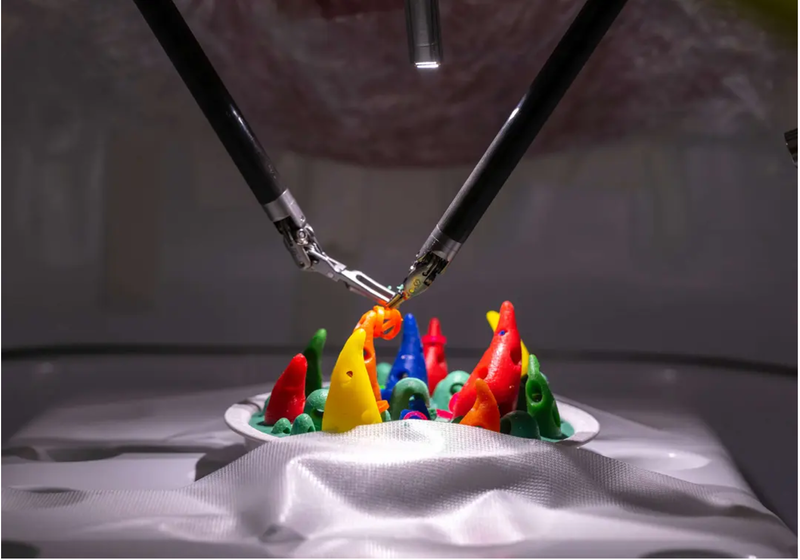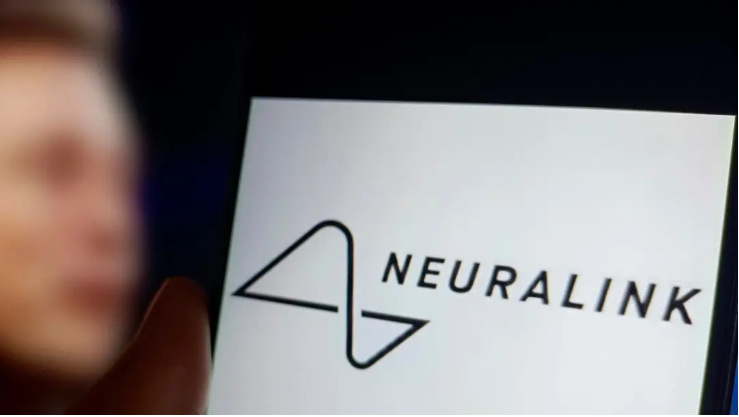Surgeons Perform World's First Eye Transplant
A team of surgeons at NYU Langone Health has successfully performed the first-ever whole-eye transplant. Their patient was a 46-year-old military veteran based in Arkansas, who lost half of his face in a high-voltage electrical accident....

Facts
- A team of surgeons at NYU Langone Health has successfully performed the first-ever whole-eye transplant. Their patient was a 46-year-old military veteran based in Arkansas, who lost half of his face in a high-voltage electrical accident.1
- Aaron James, a utility line worker, lost his nose, front teeth, left eye, lips, left cheek, dominant left hand, and 20% of his tongue when his face accidentally touched a 7.2K-volt live wire in June 2021.2
- On Thursday, the surgeons announced that James is recovering well following the whole eye transplant — which included the eyeball, its blood supply, and the optic nerve that connects it to the brain.3
- More than 140 surgeons transplanted an entire left eye and parts of a donor's face to James in a surgery that lasted nearly 21 hours last May.4
- While he can't yet see out of his new eye, James hopes the vision will eventually come, as surgeons claim that the eye is showing 'remarkable' signs of health.5
- However, Dr. Eduardo Rodriguez, who led the unprecedented surgery, insists the process is fraught with risk and says he can't predict 'the exact timeline or longevity of face transplants.'6
Sources: 1Reuters, 2CBS, 3Associated Press, 4NBC, 5CNN and 6USA Today.
Narratives
- Narrative A, as provided by Scientific American. The first-ever whole-eye transplant is an undoubted success and harbinger of great developments in transplant medicine. The fact that James' body accepted the transplant and that he is experiencing various senses in his face shows how much progress has already been made. The NYU surgeons have made a tremendous breakthrough that could soon allow doctors to develop a process to restore eyesight.
- Narrative B, as provided by New York Post. While this feat should be celebrated, it shouldn't be treated as a revolutionary breakthrough as an eye transplant that fully restores vision is still distant a prospect, while the massive risks associated with such a procedure are yet to be reduced. James should be celebrated for his willingness to undergo experimental surgery; however, his transplant was more of a moderate step for science than a breakthrough.






